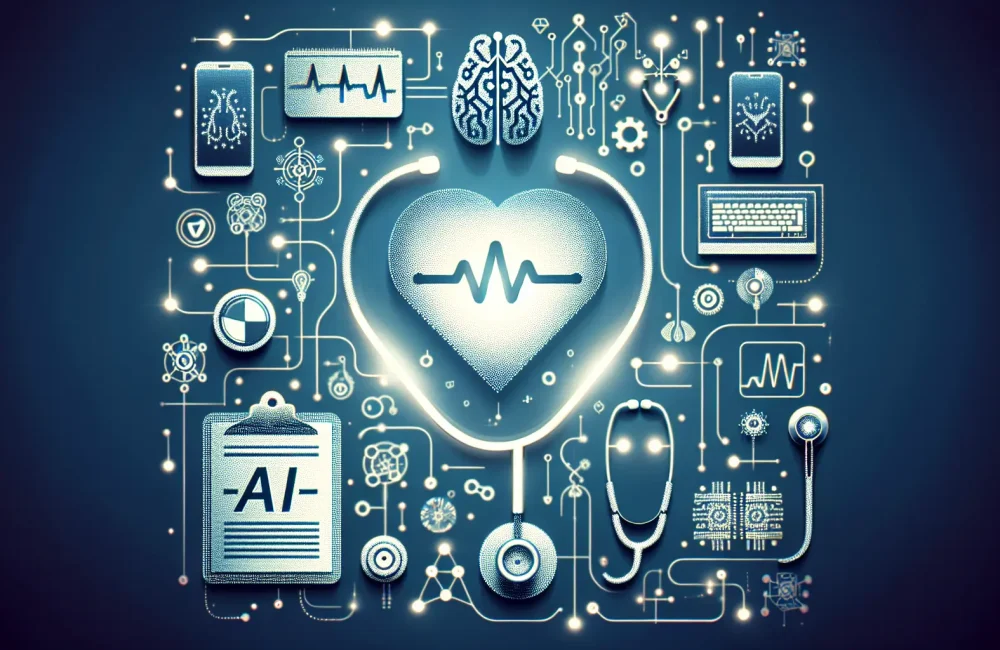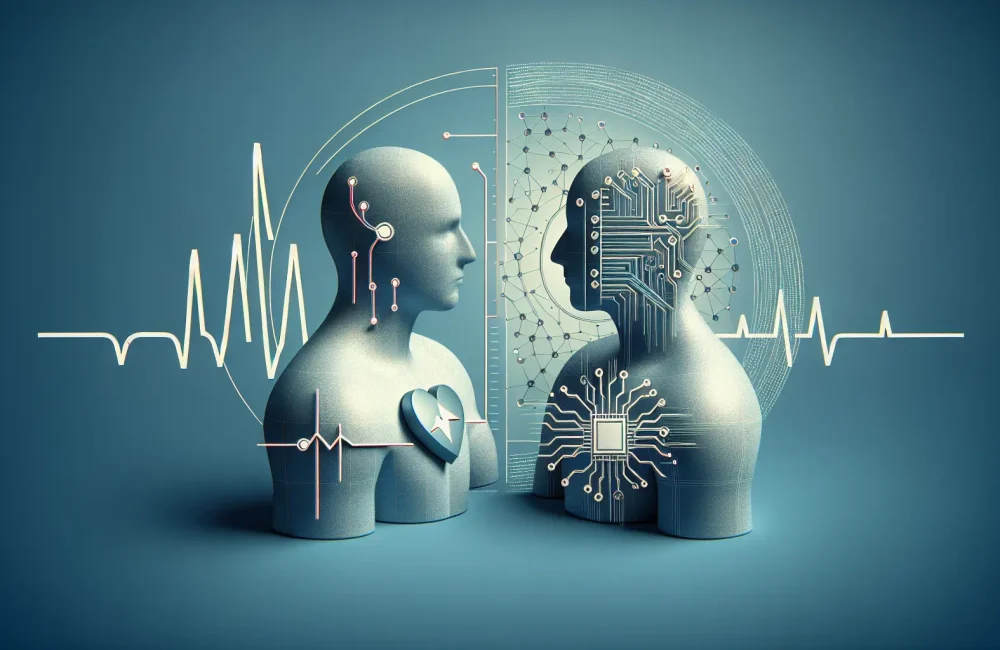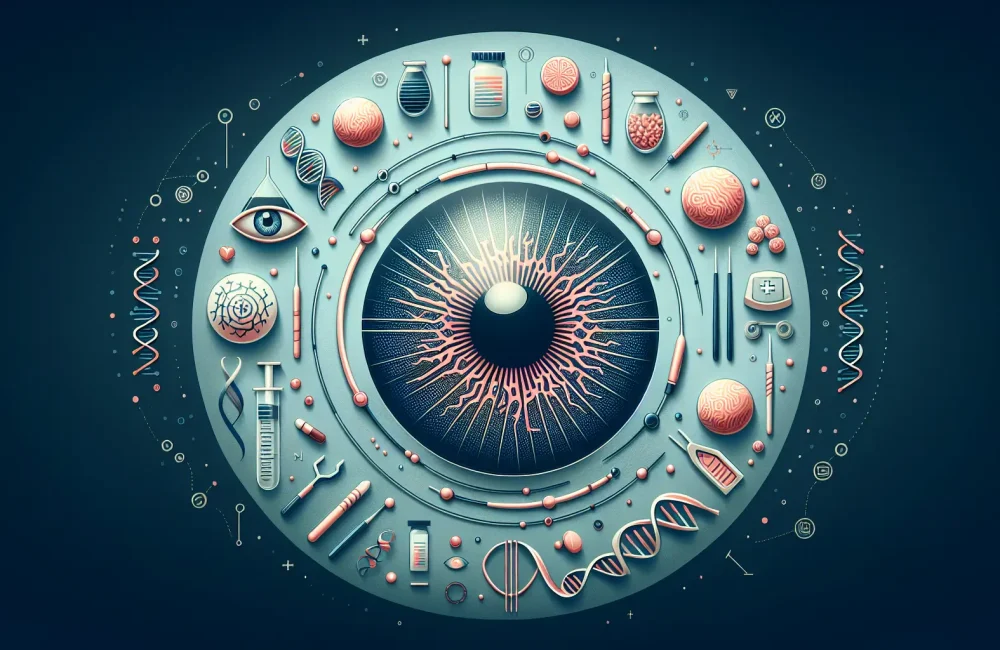By CAFMI AI From Artificial Intelligence in Medicine
The AI Education Gap in Clinical Practice
The integration of artificial intelligence (AI) into healthcare is progressing rapidly, yet many clinicians feel unprepared and overwhelmed by this shift. Most primary care physicians and other healthcare providers lack essential training to understand and use AI tools effectively. This knowledge gap stems from the complexity of AI technologies and the ethical challenges they present. Without proper education, clinicians may struggle to interpret AI outputs, potentially affecting patient care quality and safety. The article stresses the urgent need for clinician-focused education initiatives tailored specifically to the healthcare context. Such programs should ensure foundational understanding of AI, including its capabilities, limitations, and appropriate clinical uses.
Key Components of Clinician-Focused AI Education
Effective AI education for clinicians should focus on building critical thinking skills related to AI outputs. It is important that clinicians learn to assess AI recommendations critically and understand when and how to trust these tools. The training should foster interdisciplinary collaboration, bringing together clinicians, data scientists, and engineers to promote mutual understanding and improved AI development. Educational models proposed in the article include practical, case-based learning and continuous professional development frameworks. These approaches aim to embed AI literacy into routine clinical practice, enabling physicians to use AI in ways that enhance patient outcomes while maintaining ethical standards.
Clinical Implications and Future Directions
Improving AI literacy among clinicians promises to enhance patient care and ensure the ethical implementation of AI technologies in healthcare. Educated clinicians will be better equipped to integrate AI insights into their decision-making processes, potentially improving diagnostic accuracy and treatment planning. However, challenges to implementation remain, such as resource allocation and the need for standardized curricula. Ongoing collaboration between medical educators, professional bodies, and technology experts is critical to overcoming these obstacles. Ultimately, clinician-focused AI education will support safer, more effective adoption of AI in healthcare, benefiting both providers and patients alike.
Read The Original Publication Here






